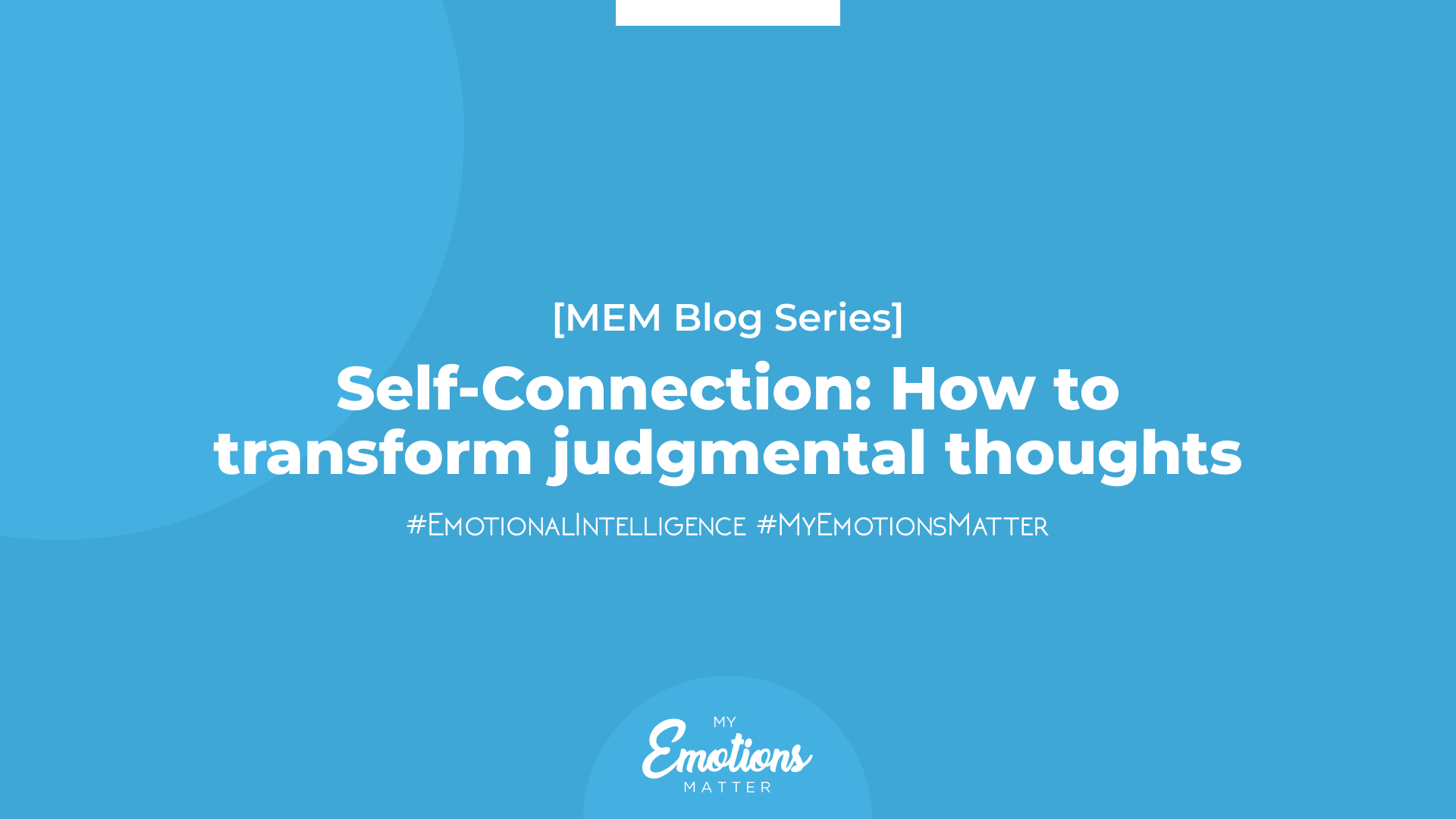Self-Connection: How to transform judgmental thoughts
Udita [name changed] had an important work presentation on the first day of the week. She was both nervous and anticipative about the meeting. She had 25 minutes to go before logging in to the video conferencing app when her mother showed up in her room and asked her to join for lunch. Udita told her mom that she would eat later since it was almost time for her meeting. Her mom got upset no sooner and told her, "It seems like all other people at my home have important work to do, only I am the free and useless one here." Those words got to Udita's nerves, and she frowned, "Not again!" before turning to her presentation. Her mom stormed off.
In this kind of situation, it can be easy to slip into judgmental thoughts about oneself and others. This, in turn, fuels misunderstandings, miscommunication and conflicts.
Udita had a few minutes to go before the presentation, but her mind was constantly flashing back to the interaction she had with her mom. She, in fact, quickly realized that she was having judgmental thoughts about her mom. She knew she couldn't continue to if she wanted her presentation to go well and not worsen the relationship with her mother.
Self-Connection
Self-Connection is about connecting with our own feelings and needs rather than getting stuck in a cycle of blaming and justifications. Through this mode of Outward Mindset, we hold space to acknowledge what's going on for us.
We can ask the following questions to connect with ourselves:
-खासमा के भएको हो? (What really happened?)
Udita separated her judgments from what happened in the situation. She recalled that her mom told her, "It seems like all other people at my home have important work to do, only I am the free and useless one here," to which she responded, "Not again!"
-How do I feel?
Udita checked in with herself and realized that she felt annoyed and discouraged upon hearing her mom's words.
-What do I need?
Without emotional literacy, it might have been easy for Udita to believe that her mother caused her feelings of annoyance and discouragement. The truth is, her mother's words and actions only triggered those feelings in Udita. Her feelings emerged from her unmet needs for support and understanding, which she sought in the relationship with her mother.
-Do I have a specific request to myself or someone else?
Udita then realized she perhaps needed to focus on doing the presentation well for the time being. She decided to approach her mother and know what was going on for her after the presentation.
Self-connection allowed Udita the space to tune in to her own feelings and needs instead of getting stuck in judgmental thoughts. Now she has a better chance at meeting her needs.
यो लेख नेपाली मा: आत्म-सम्बन्ध: आफनो दोष दिने मानसिकतालाई रूपान्तरण कसरी गर्ने




